This piece from Greater Phoenix Chamber President and CEO Todd Sanders and TWW’s Jaime Molera originally ran in the Phoenix Business Journal on March 31, 2023 and can be accessed here.
Arizona’s innovative energy sector is surging, but we must stay ahead of the competition. There’s an unfortunate trend in national politics to assume that everything is, well, political. This is particularly the case when it comes to energy policy.
Extreme voices on both sides of the aisle want the public to believe that some energy sources are “red,” while others are “blue,” and that investments in these energy sources are all driven by politics.
But here in the states, and especially in Arizona, we know better. By keeping taxes low, cutting red tape and maintaining an affordable cost of living, Arizona has been a magnet for businesses of all kinds, from aerospace to bioscience to financial services.
But Arizona’s business climate is racking up major wins in the clean energy sector, too.
In just the past few months, our state has seen a surge of investment in battery and solar cell manufacturing.
In early December, American Battery Factory, announced a $1.2 billion gigafactory for advanced battery cells will be built in Tucson. American Battery Factory specializes in the manufacturing of lithium iron phosphate, or LFP, batteries.
LFP batteries are an alternative to the lithium-ion technology used in laptops, cell phones and most electric vehicles on the road today. The Tucson factory is expected to support 300 jobs when it opens in 2024 or early 2025, with that number eventually growing to 1,000 jobs.
Arizona now a battery-making hub
On the heels of this announcement, another battery manufacturer – Sion Power – unveiled plans to double the size of its existing operations in Tucson. The expansion will add 150 jobs and boost the local economy by more than $300 million over the next five years, according to the Arizona Commerce Authority.
Sion Power is the developer of another new battery technology, which is designed to be lighter than existing lithium-ion batteries, but with a larger storage capacity.
And just last week, South Korean battery giant LG Energy Solution
Ltd. has confirmed its plans to move forward with building a huge battery complex in Queen Creek, representing a $5.5 billion investment.
Thanks to these investments, and others by battery firms such as Li-Cycle and KORE Power, our state has a “reputation as a national epicenter for battery manufacturing,” said Sandra Watson, the Arizona Commerce Authority’s President and CEO.
In early January, yet another investment in clean energy manufacturing was announced – this time in Phoenix.
The state’s first solar module manufacturing facility, to be operated by JA Solar, should be operational by the end of the year and create more than 600 new jobs. JA Solar’s $60 million facility in Phoenix will build solar panels for homes, businesses, and large- scale projects by utility companies.
Company representatives praised state and local officials for ensuring the site selection process ran smoothly – a testament to our state’s positive business climate.
With all this welcome news, there is a natural temptation to become complacent, to take Arizona’s status as a leading clean energy state for granted. That would be a big mistake, of course.
Competition from other states
In the wake of Covid-19, many industries are fundamentally rethinking their overseas supply chains and choosing to make more of their products here in the United States. The energy sector is no different.
There’s a major push to build more batteries, solar panels and other technologies domestically, and the same can be said for the raw materials that must be mined in order to build a whole host of clean energy sources.
This represents a massive opportunity for Arizona – but other states are eager to capitalize as well. While our state economy has many natural strengths, the private and public sectors will need to work together closely to ensure we stay ahead of the pack.
For example: We need to keep investing in community colleges and other educational institutions that can produce well-trained and highly skilled workers who are ready to work in clean energy. Finding and retaining talented workers is a massive factor in deciding where to build or expand.
Another challenge: Making sure Arizona’s research and development tax incentives are keeping pace with the needs of business. After all, scientific breakthroughs and other innovations that happen in Arizona are more likely to create jobs in Arizona.
Building on Arizona’s existing leadership in this space doesn’t have to be hard. But it won’t happen on its own, either.
There’s no time like the present for job creators, policy makers, communities and workers to develop a clean energy game plan that keeps Arizona in the lead for decades to come. Sure, it may require putting politics aside in order to accomplish what’s best for our state. But that’s not a bad thing, either.
Todd Sanders is president and CEO of the Greater Phoenix Chamber; Jaime A. Molera is state director of The Western Way and a partner with Molera Alvarez LLC.


